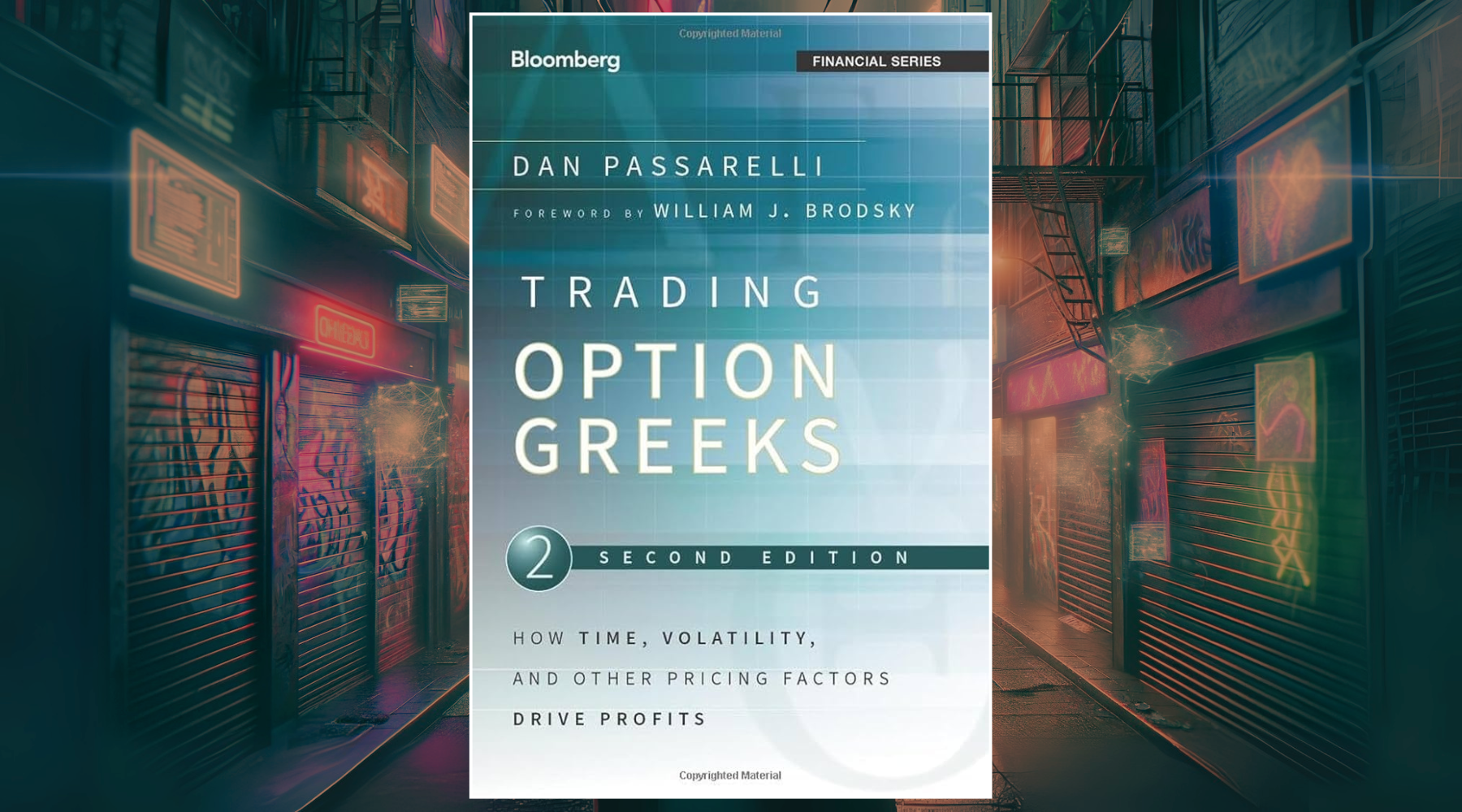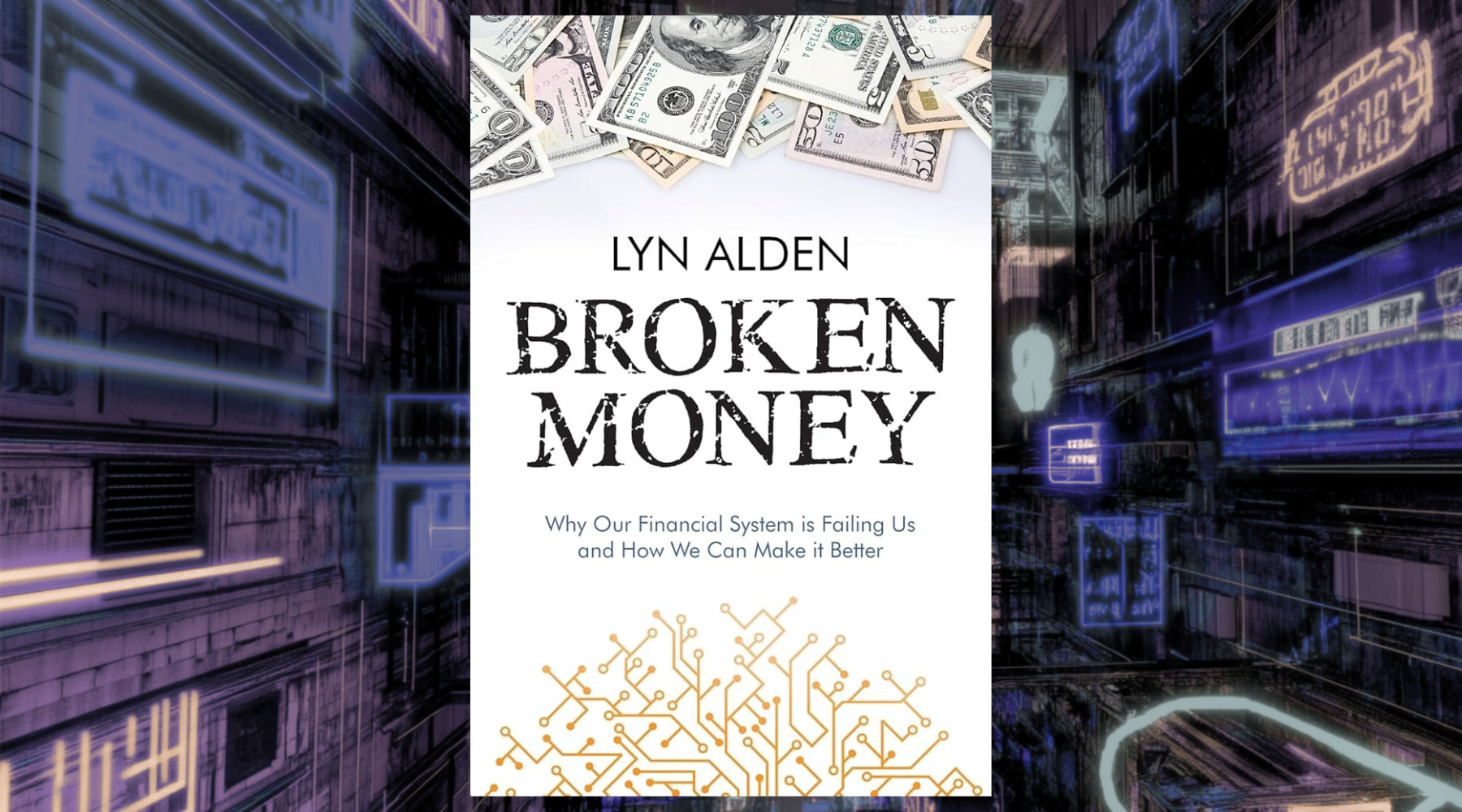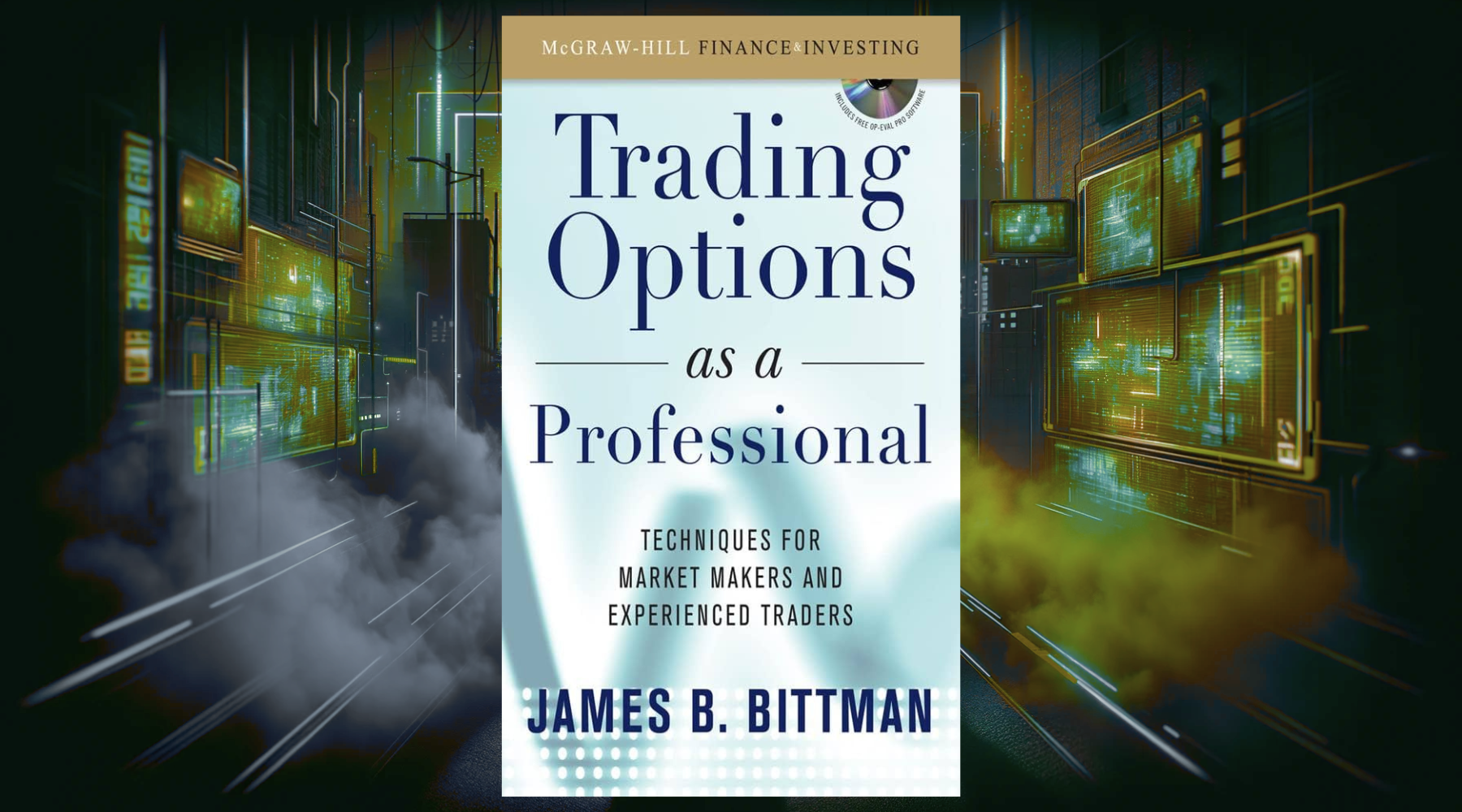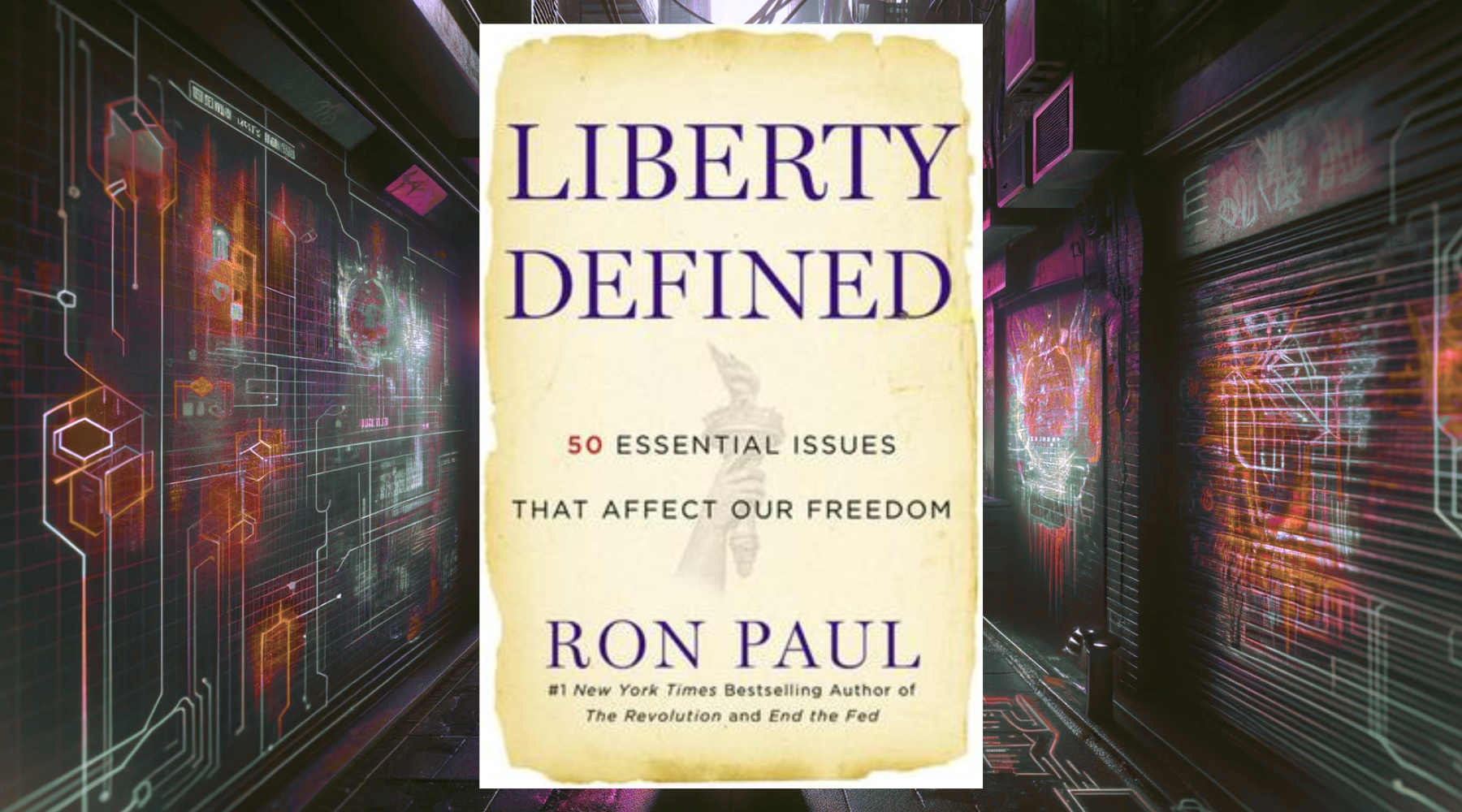What is the 20 Percent Rule?

The 20 percent rule, also known as the acquisition rule, requires listed companies on major stock exchanges like the NYSE and Nasdaq to obtain shareholder approval before issuing common stock or securities convertible into common stock that equals 20 percent or more of the company's outstanding shares or voting power prior to the transaction. The rule is intended to protect shareholders by limiting a company's ability to significantly dilute the economic and voting interests of existing shareholders without their approval.
There are several key aspects to calculating whether a transaction triggers the 20 percent rule. This includes aggregating multiple related transactions over a period of time into the same calculation. There are also certain exceptions, like the financial viability exception, which allows a company to avoid a shareholder vote if delaying the transaction would seriously jeopardize financial viability. When shareholder approval is required, it involves a majority vote of shares cast on the specific proposal.
Companies and investors should be mindful of the 20 percent rule when contemplating large equity investments or financings involving convertible securities. Careful structuring of transactions can sometimes avoid triggering the rule.
The 20 Percent Rule When Issuing PIPEs and RD's
The 20 percent rule provides that without first obtaining stockholder approval, a company cannot issue voting securities (common stock, convertible preferred stock, convertible debt, or warrants) in a private transaction at a price that is less than the greater of book or market value and constitutes, in the aggregate, 20 percent or more of its common stock or voting power outstanding prior to such issuance.
The 20 percent rule applies to PIPEs and, depending on the size identity, and composition of the investor group as well as the breadth of marketing efforts, may also apply to Registered Directs (RDs). Therefore, in general the rule affects deals priced at a discount, but does not affect deals priced at or above the current trading price. Shareholder approval is always required if the issuance of the securities results in a change of control in the company's ownership.







